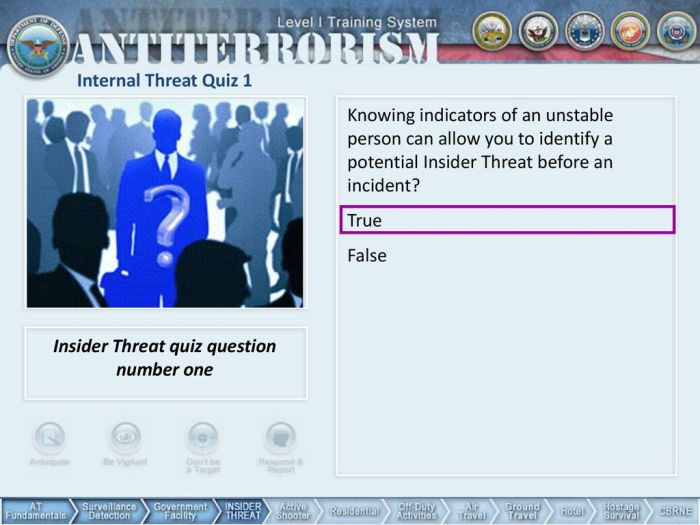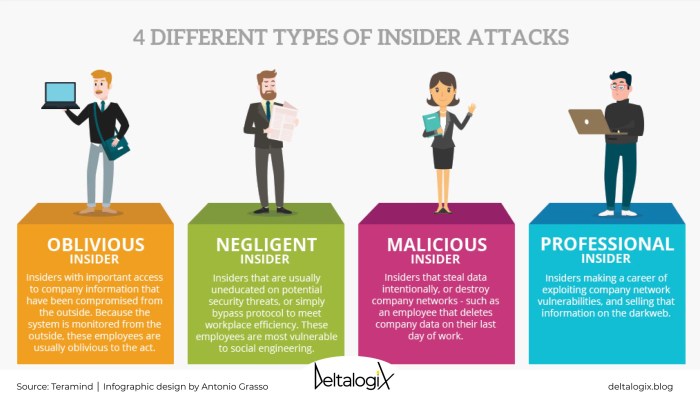Knowing indicators of an unstable person can allow you to take proactive steps to protect yourself and others. Understanding the characteristics and behaviors associated with instability empowers individuals to recognize early warning signs, assess risk factors, and implement protective measures.
This comprehensive guide delves into the complexities of unstable behavior, providing insights into its causes, consequences, and ethical implications. By equipping readers with knowledge and strategies, it aims to mitigate the potential risks and promote the well-being of individuals and communities.
Understanding Unstable Behavior

Unstable behavior refers to a pattern of unpredictable, impulsive, and emotionally dysregulated actions. Individuals exhibiting unstable behavior may pose a risk to themselves and others, highlighting the importance of understanding its characteristics and potential consequences.
Characteristics of unstable individuals include:
- Impulsivity and lack of self-control
- Emotional volatility and outbursts
- Poor decision-making and risk-taking behaviors
- Difficulty managing stress and frustration
- A history of interpersonal conflicts and relationship difficulties
Unstable behavior can manifest in various ways, including:
- Aggressive or violent outbursts
- Self-harm or suicidal ideation
- Substance abuse
- Property destruction
- Criminal activity
Unstable behavior can have severe consequences, including:
- Physical injury or death
- Legal problems
- Relationship breakdowns
- Job loss
- Homelessness
Identifying Early Warning Signs

Recognizing the early warning signs of unstable behavior is crucial for preventing potential harm. Subtle cues may indicate an individual is becoming unstable, including:
- Increased irritability and agitation
- Changes in sleep patterns
- Withdrawal from social activities
- Uncharacteristic risk-taking behaviors
- Preoccupation with negative thoughts or emotions
In everyday interactions, it is important to:
- Pay attention to changes in behavior and mood
- Listen attentively to what the person is saying
- Avoid confrontational or judgmental language
- Offer support and resources
- Encourage the person to seek professional help
Early intervention and support are essential in preventing unstable behavior from escalating into more serious problems.
Assessing Risk Factors
Certain risk factors can increase the likelihood of unstable behavior, including:
- Mental health conditions, such as personality disorders or mood disorders
- Substance abuse
- Trauma or abuse history
- Lack of social support
- Financial or housing instability
Comprehensive assessments are necessary to determine the level of risk posed by an individual. These assessments may include:
- Psychological evaluations
- Substance abuse screenings
- Trauma histories
- Social support assessments
Protective Measures and Interventions: Knowing Indicators Of An Unstable Person Can Allow You

To protect yourself and others from unstable individuals, it is important to:
- Set clear boundaries and limits
- Avoid engaging in confrontational or provocative behaviors
- Seek support from others if you feel threatened
- Call 911 or other emergency services if the situation becomes dangerous
De-escalating potentially dangerous situations involving unstable individuals requires:
- Remaining calm and non-confrontational
- Using active listening skills
- Validating the person’s feelings without agreeing with their behavior
- Offering support and resources
Mental health professionals play a vital role in managing unstable behavior. They can:
- Provide diagnosis and treatment for mental health conditions
- Offer therapy and counseling to address underlying issues
- Prescribe medication to stabilize mood and behavior
Ethical Considerations
Identifying and assessing unstable behavior raises ethical concerns, including:
- Respecting individual rights and privacy
- Avoiding stigmatization and discrimination
- Ensuring fair and equitable treatment
Ethical decision-making in these situations requires:
- Balancing the need for public safety with individual rights
- Seeking informed consent for assessments and interventions
- Maintaining confidentiality and respecting privacy
- Collaborating with other professionals and agencies to ensure a comprehensive approach
Query Resolution
What are the common characteristics of unstable individuals?
Unstable individuals may exhibit impulsive behavior, emotional volatility, difficulty regulating their emotions, and a lack of empathy.
How can I recognize early warning signs of instability?
Pay attention to subtle changes in behavior, such as increased irritability, social withdrawal, or difficulty concentrating.
What are the ethical considerations when assessing unstable behavior?
It is crucial to respect individual rights and privacy while ensuring the safety of the individual and others.